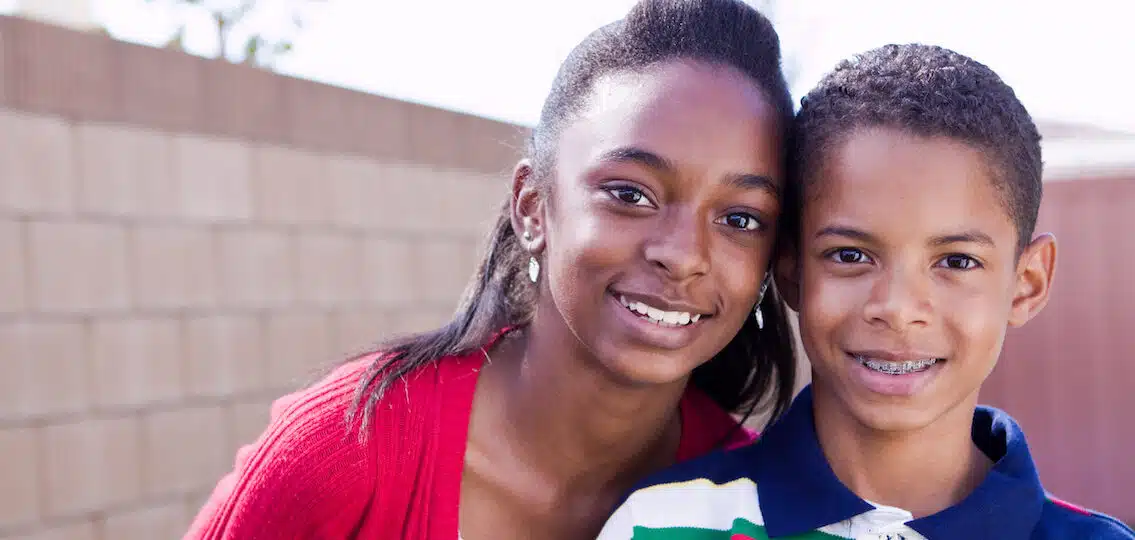Dear Parents of Teens and Tweens,
We need to talk about the tobacco industry and their predatory practices of marketing menthol-flavored tobacco products to BIPOC communities — to Black families, in particular.
Today, 85% of African American smokers and 93% of Black youth smokers in the United States use menthol cigarettes. Why is there so much menthol tobacco use in Black communities? Dr. Gardiner, a public health advocate focused on racial disparities in health, has been working tirelessly to shed light on this issue and to help us protect our children from becoming “tomorrow’s potential regular customer.” He says those numbers come down to predatory advertising.
Since the 1950s, Big Tobacco has heavily targeted Black communities in its marketing and promotions through culturally tailored advertising and messages. Through the use of well-placed ads in Ebony Magazine and Jet Magazine, enlisting popular figures like Willie Mays and Elston Howard to promote menthol tobacco products, and using images, language, and idioms that speak to Black culture, Big Tobacco made it seem like menthol cigarettes were cool and a sign of upward mobility.
But here’s the thing: smoking any type of cigarette, including menthol cigarettes, is unsafe and poses serious health risks. Menthol cigarettes, in particular, are highly addictive. The tobacco industry added menthol to these products to provide an anesthetic cooling and numbing sensation in the mouth, masking the harsh taste of nicotine and allowing you to inhale deeper when you smoke. As Dr. Gardiner explains, “The deeper you inhale, the more nicotine and toxins you take in. The more you take in, the more addicted you become. And the more addicted you become, the harder it is to quit.” He says menthol “helps the poison go down easier.”
As parents, we need to have hard but honest conversations with our teens about the tobacco industry’s manipulative marketing tactics. We need to tell them about addiction and cancer rates associated with tobacco, and the groups most affected by tobacco. We need to help them understand where tobacco came from, how it got commercialized, and how it’s still being used against groups of people.

The strongest thing we can do as parents is to keep telling the story of the tobacco industry and its predatory practices. We can protect our children and our communities by spreading the truth about the dangers of smoking and the manipulative tactics used by Big Tobacco.
So let’s keep talking, keep educating, and keep fighting. Together, we can make a difference.
Sincerely,
Your fellow advocate against Big Tobacco.






